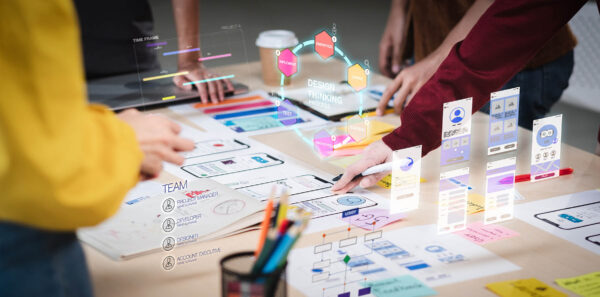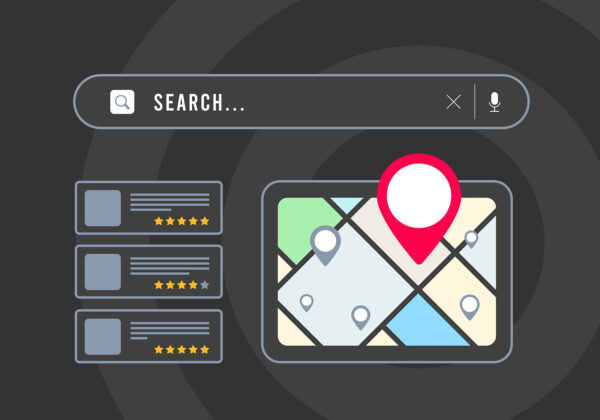Understanding the Synergy Between Personal Development and Business Success
In the journey toward achieving business success, the importance of personal development often takes a backseat. However, the interconnection between the two is undeniable and potent. Personal development not only enriches an individual’s life on a personal level but also serves as a fundamental driver for business success. This synergy stems from the premise that businesses, especially in the realms of entrepreneurship and leadership, are reflections of the individuals behind them. Personal growth initiatives such as enhancing communication skills, leadership abilities, and emotional intelligence directly impact the efficacy of decision-making, team dynamics, and ultimately, the bottom line of a business.
Leveraging Personal Growth for Professional Achievement
Leadership Skills Enhancement: The journey to effective leadership is paved with continuous personal growth. Developing leadership skills such as empathy enables leaders to connect with their team members on a deeper level, fostering a supportive and understanding work environment. Strategic thinking equips leaders with the foresight to anticipate market trends, make informed decisions, and set a clear direction for their organization. Resilience, another critical leadership skill, prepares individuals to face setbacks and challenges with determination, ensuring that teams remain inspired and focused even in difficult times. Personal development in these areas not only elevates the individual’s capability to lead but also cultivates a workplace where team members are motivated to contribute their best, driving the organization towards its collective goals.
Improved Communication: In the realm of professional success, the ability to articulate ideas clearly, persuade others, and empathize with different perspectives is invaluable. Personal development initiatives aimed at enhancing communication skills can significantly impact how information is conveyed and received within an organization. This could involve training in active listening, presentation skills, or non-verbal communication. As individuals become more adept at expressing their thoughts and understanding others, the workplace becomes a hub of open dialogue and mutual respect. This openness encourages the sharing of ideas and collaborative problem-solving, leading to more innovative outcomes and a cohesive work environment.
Adaptability and Learning Agility: The only constant in today’s business world is change. Adaptability and learning agility are, therefore, indispensable traits for professional growth. Personal development in this context means cultivating a mindset open to new experiences, willing to learn from various situations, and capable of applying knowledge across different contexts. This involves staying updated with industry trends, embracing new technologies, and being willing to step out of one’s comfort zone. Individuals who invest in developing these traits can better navigate the uncertainties of the business landscape, making strategic pivots when necessary and seizing emerging opportunities to stay ahead of the competition.
Emotional Intelligence (EQ): Emotional intelligence plays a pivotal role in building strong professional relationships, managing teams effectively, and maintaining a positive work culture. Personal development efforts that focus on increasing EQ involve learning to understand one’s emotions and those of others, managing stress and conflict constructively, and communicating with empathy. High EQ leaders are better equipped to resolve disputes, motivate their teams, and create an environment where employees feel valued and understood. This not only enhances team performance but also contributes to higher job satisfaction and loyalty, which are crucial for long-term business success.
Integrating Personal Development into Business Strategies
To harness the full potential of personal development for business success, it’s essential to integrate growth-focused practices into both daily routines and long-term strategies.
- Set Clear Personal and Professional Goals: Establishing specific, measurable, achievable, relevant, and time-bound (SMART) goals in both personal and professional realms provides direction and a sense of purpose, driving motivation and progress.
- Encourage Continuous Learning: Create a culture of continuous learning within your organization. Encourage team members to pursue courses, attend workshops, and engage in activities that contribute to their personal and professional growth.
- Promote Work-Life Balance: Recognizing the importance of work-life balance is key to sustainable personal and business growth. Encourage practices that allow individuals to recharge and pursue interests outside of work, leading to increased creativity and productivity.
- Foster an Environment of Feedback and Reflection: Regular feedback and reflective practices can enhance personal development. Constructive criticism and self-reflection help identify areas for improvement, fostering a mindset of continuous growth.
The connection between personal development and business success is profound and multifaceted. Personal growth not only enhances individual well-being but also fuels professional advancements, leading to more effective leadership, improved teamwork, and better business outcomes. By prioritizing personal development and weaving it into the fabric of business strategies, individuals and organizations can achieve greater success, foster a positive work culture, and navigate the complexities of the modern business world with agility and resilience. Investing in personal growth is, therefore, not just a self-improvement endeavor but a strategic business imperative.




